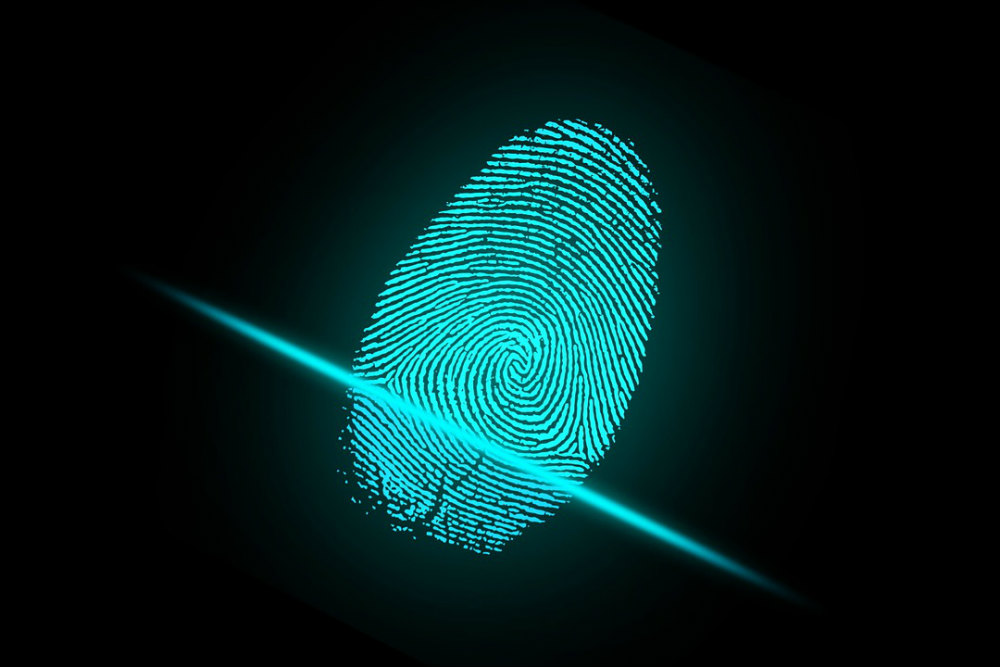There are so many prevalent myths in the identity theft realm, we couldn’t get to all of them in our first post on the subject — the “Top 6 Identity Theft Myths.” In this blog post, we’ll go over four additional identity theft myths we often hear and reveal the truth.
Myth #1: Equifax didn’t tell me I was included in their data breach so I probably don’t need to worry
Wrong — it’s extremely likely your data was breached. In September 2017, Equifax, one of the three major U.S. credit bureaus, disclosed a data breach that put 145.5 million U.S. consumers at risk of identity theft. Following the breach, you may have heard the statistic that the breach impacts half of Americans, but of the people who have a credit report, it’s a much higher percentage, according to this Employee Benefit Adviser story, which pegs the number at “close to 80% of working Americans” who “now may have their name, Social Security number and date of birth in the hands of fraudsters.”
Additionally, credit card numbers for some 209,000 consumers and dispute documents for an additional 182,000 people were accessed. Only people in that latter group got letters in the mail letting them know they were affected, otherwise you had to use the website Equifax set up to see if you may have been impacted by the breach. While Equifax claimed you would receive a message indicating whether your personal information was impacted by the incident, we did not receive any such message when we attempted to use it. Rather a notice popped up stating an enrollment date for TrustedID in the future, advising us to return on or after that date to sign up, insinuating we had been affected but not actually confirming that to be the case. The short of it is, most experts, including the IRS chief, said it is best to assume you are indeed affected by the breach. And the threat is lifelong. That being said, there are a handful of things you can do to stay safe.
Myth #2: Just because your information is compromised doesn’t mean you’re at greater risk of identity theft
Wrong! The truth is the relationship between data breaches and identity theft grows stronger each year. In 2010, one in nine victims of a data breach also had their identities stolen, according to a survey by the National Consumers League (NCL) and Javelin Strategy & Research. By 2013, that risk had increased to one in three. Widespread data breaches, like the Equifax breach disclosed in September 2017, basically give criminals the info that makes it “easy for the thief to get in there like a tornado, and you’re left doing the cleanup,” said Eva Velasquez, CEO of the Identity Theft Resource Center in this recent Bloomberg story by Drew Armstrong about his 3-year nightmare dealing with the fallout from having his identity stolen. In the story, Armstrong talks about how time-intensive and hard it is to clean up the mess, something Velasquez concurs with:
“You have to get the language right, you have to be sure you’re talking to the right department of the right agency in the right organization,” Velasquez said. “You have to get the right forms. At least a couple of them, you’re going to have to repeat those steps, because somebody didn’t get the right note or it got lost.”
Myth #3: There’s nothing I can do to reduce my risk of identity theft
This one isn’t so black and white. While there are some good steps you can take to reduce your risk of identity theft, there’s an enormous amount of personally identifiable information that has been leaked in data breaches over the years, the Equifax breach being the most notable recent breach. And studies have found that your risk of identity theft increases exponentially if your information is compromised in a breach. A Javelin Strategy & Research study pegged it as one in three data breach victims had their identity stolen.
Myth #4: Identity theft victims don’t often know their victims
Wrong. Sadly, trusted family, friends and coworkers sometimes betray the people they know and love and steal their identities. We’ve come across stories of parents stealing their children’s identities, who in turn didn’t figure it out until they applied for college or went to buy their first car and then realized their credit was destroyed. And then there have been stories about senior citizens who have caregivers, “friends” and even family members who have stolen their identities. The bottom line is you should really think twice about whom you allow access to your personal information.
The bottom line is identity theft happens all the time, but what if it happens to you? Sign up for an annual LibertyID membership and you won’t have to worry about it. If you’re a LibertyID member and your identity is stolen, we will fix it.
Image: Pixabay

